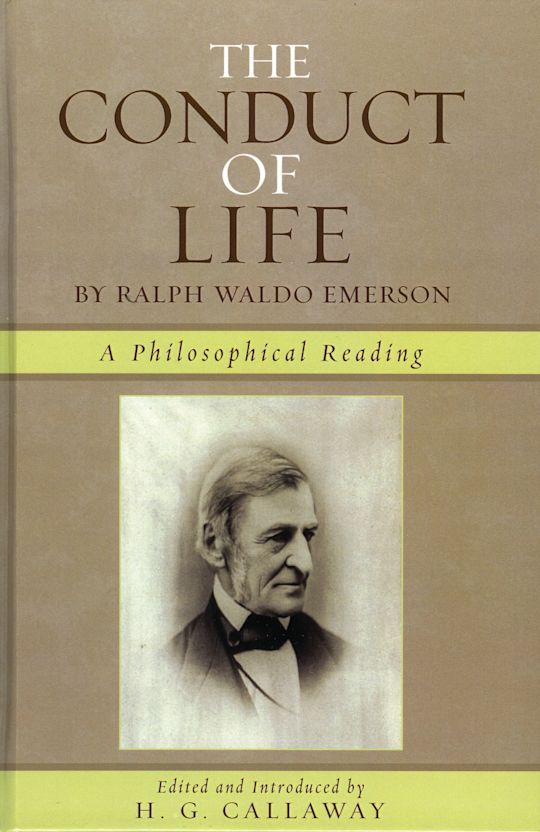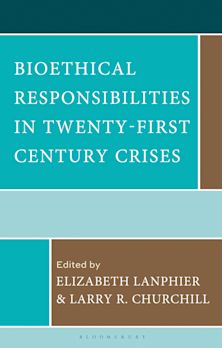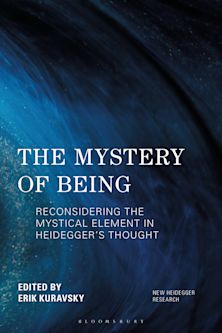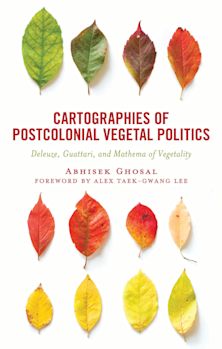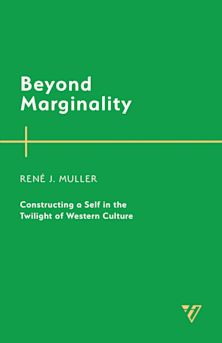- Home
- ACADEMIC
- Philosophy
- Philosophy - Other
- The Conduct of Life
This product is usually dispatched within 2-4 weeks
- Delivery and returns info
-
Flat rate of $10.00 for shipping anywhere in Australia
You must sign in to add this item to your wishlist. Please sign in or create an account
Description
Ralph Waldo Emerson's 1860 book, The Conduct of Life is among the gems of his mature works. First published in the year of Abraham Lincoln's election as President, this work poses the questions of human freedom and fate.
This new edition emphasizes Emerson's philosophy and thoughts on such issues as freedom and fate; creativity and established culture; faith, experience, and evidence; the individual, God, and the world; unity and dualism; moral law, grace, and compensation; and wealth and success. Emerson's text has been fully annotated to explain difficult words and to clarify his references. The Introduction, Notes, Bibliography, Index, and Chronology of Emerson's life help the reader understand his distinctive outlook, his contributions to philosophy, and his place in American culture and society.
Product details
| Published | 05 Apr 2006 |
|---|---|
| Format | Paperback |
| Edition | 1st |
| Extent | 248 |
| ISBN | 9780761834113 |
| Imprint | University Press of America |
| Dimensions | 227 x 163 mm |
| Publisher | Bloomsbury Publishing |
About the contributors
Reviews
-
This well-organized editorial material is useful especially for students and general educated readers coming to study these works for the first time, but also for the specialist who wants to check details or keep up with central literature. The editor's notes offer historical contextualization, terminological and etymological clarifications, and information on both the well-known and the relatively unknown authors cited by Emerson.... Callaway has modernized the spelling of the prose, but otherwise the editions follow the originals.
Sami Pihlström, University of Helsinki
-
Although the works of Emerson are studied in the departments of literature in the United States, we encounter on this occasion-as suggested by the subtitle-a genuinely philosophical reading, as reflected in the thoughtful Introduction by the editor...and especially in the patient provision of annotation of the nine chapters...Fortunately for us, this work...makes the original text much more readable and understandable...In sum, it is a good moment to return to to reading Ralph Waldo Emerson.
Jaime Nubiola, University of Navarra, Anurario Filosófico









